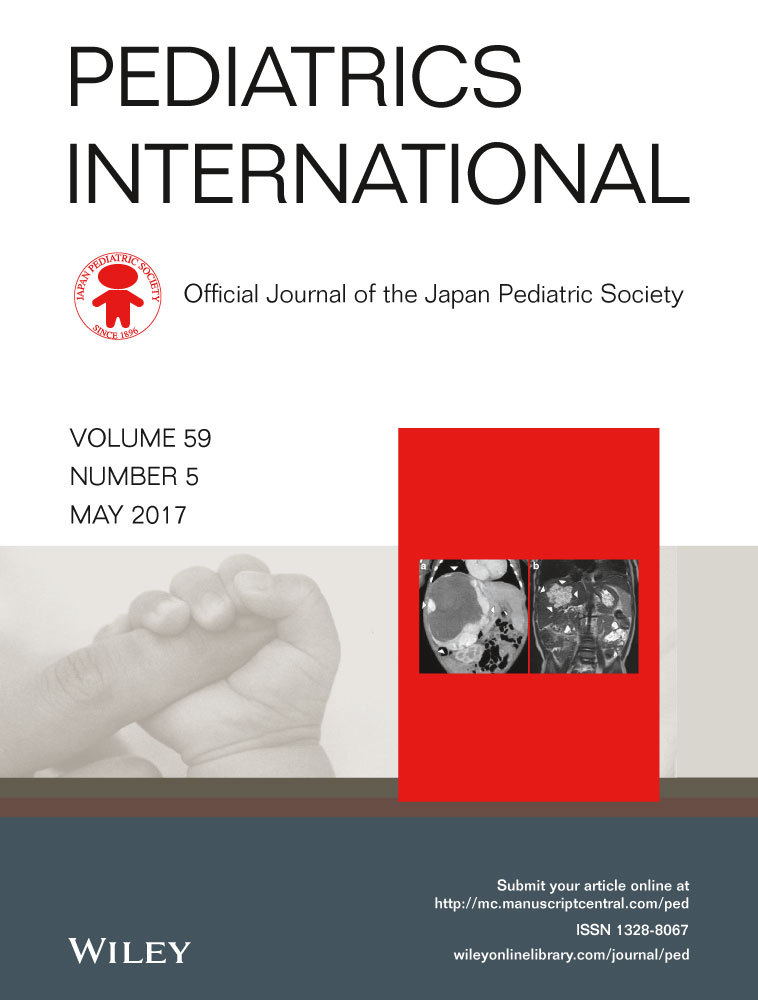Randomized controlled trial of oral immunotherapy for egg allergy in Japanese patients
Abstract
Background
Egg allergy is one of the most common food allergies in young children. While oral immunotherapy (OIT) is not routinely recommended in current guidelines, it has been considered as a potential alternative treatment strategy. Studies on OIT for food allergy have been explored, but no controlled trials have been reported in Japan.
Methods
The first oral food challenge (OFC) was performed before treatment to ensure diagnosis and evaluate the threshold dose for egg using the double-blind, placebo-controlled food challenge. Participants were randomly assigned by computerized algorithm to receive OIT using egg (OIT group) or no egg (egg elimination [EE] group). A second OFC was performed in both groups approximately 6 months after therapy. Blood samples were collected and egg white-specific immunoglobulin (Ig)E and IgG4 were measured before and after the treatment period.
Results
Eight of the 14 patients (57%) in the OIT group had no allergic reaction to 4 g dry egg powder whereas none of the 16 patients in the EE group did. All 14 patients in the OIT group had increased threshold for egg powder in the second OFC compared with baseline. There was no significant change in egg white-specific IgE level during therapy. After therapy, egg white-specific IgG4 increased significantly in the OIT group, but not in the EE group.
Conclusion
OIT is effective in increasing the threshold for allergens and inducing desensitization in Japanese egg allergy patients, similarly to North American and European patients.




